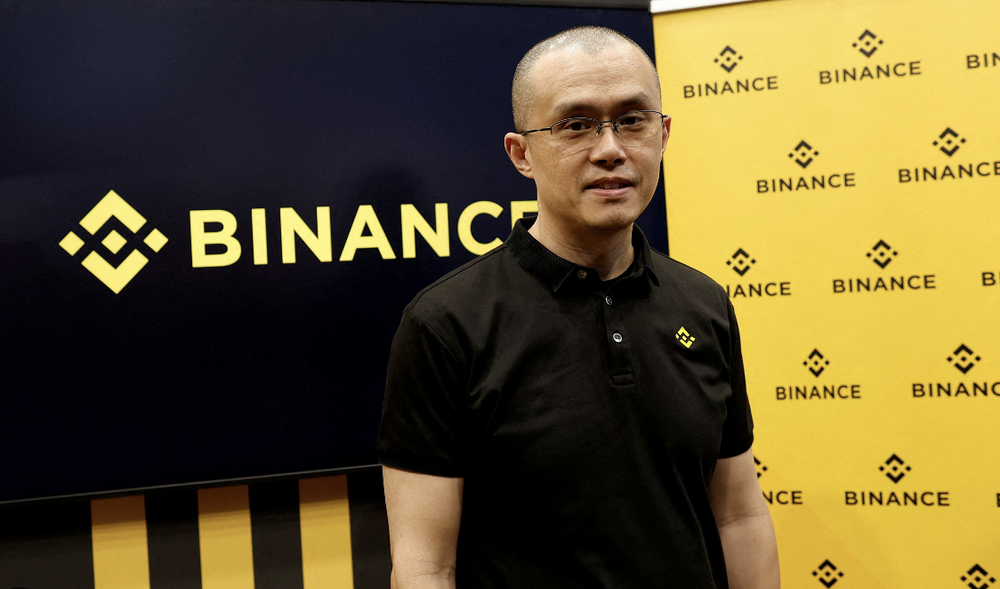Is there a inherent cost vulnerability in Lightning Networks? Users will still lose money without error
Peter R Rizun, chief scientist at Bitcoin Unlimited, recently spoke with a shocking view of the second-tier protocol lightning network proposed to solve the problem of bitcoin scalability. Peter R Rizun claims that Lightning Network users have inherent cost vulnerabilities that will lose all funds without doing anything wrong.
Lightning Networks is Bitcoin's second-tier solution that allows users to make payments under the chain, ensuring faster bitcoin transactions and lower costs. Lightning networks rely on the underlying technology (ie, the Bitcoin blockchain), but primarily support the need for smaller transactions. Users do not need to record payments on the blockchain to make payments until they are finally settled. In addition, Lightning Networks may also play the role of a multi-currency routing network in the future.
However, Peter R Rizun believes that in the high-frequency and unstable environment of the first layer of Bitcoin, Lightning Network users will lose all their money without any faults, because when the demand for blockchain space surges, the bit The block size of the currency limits the high and unstable cost.
In this regard, Cornell University professor Emin Gur Sirer said:
- Understand the blockchain 24 issues | See these two situations, dare to say that you understand the cross-chain!
- Babbitt column | Fragile mirage: blockchain + finance (on)
- Short comment: Why is the price of layer2 project long-term weak?
“The bitcoin block designed by Nakamoto has not considered most of the filling, and the developers have not designed a stable and predictable charging mechanism.”
In addition, a user from the Reddit forum "Jungans" believes that the "lost money" situation of the lightning network is not the same as the chain of funds scattered on some unpaid transaction output (UTXO). In this regard, Peter R Rizun clarified that the lightning network problem and the unpaid transaction output are two completely different situations, and made a detailed explanation:
Imagine when you open a lightning network channel where you have a $50 balance. Maybe you will pay some fees to the channel partner, assuming that the fee is $25, then you have $25 and he has $25. But then the channel cost increased from 0 to $10, so you have to transfer $10 from your only $25 to the "fee bucket" so you only have $15. Next, if the cost goes up to $20, you need to take another $10 from your balance and transfer it to the expense bucket, so now your balance is only $5.
But the cost is rising, and your channel partners are very worried, and soon you won't have enough account balance to pay for it, and channel partners can't claim to get the $25 they deserve. So, if your channel balance has no money, he will forcefully close the channel. This will result in a result that all your balance will go into the expense bucket, then the channel will be closed, and then $25 will be returned to your channel partner, but at this point you have nothing to gain, your channel partner is now going to do The wait is for the cost to drop.
Maybe after a week, the cost will drop to $0, but at this point you have already spent $25, and your channel partner spends $0. In other words, you have not done anything wrong during this period, but you have lost money "inexplicably". Recently, the lightning network caused great concern in the community due to the upcoming “extinguished” lightning torch activity. The channel capacity also reached a record high of 5 million US dollars. In addition, the lightning network has covered 131 countries around the world.
Carbon chain value compilation group produced
Compile: 氪12
We will continue to update Blocking; if you have any questions or suggestions, please contact us!
Was this article helpful?
93 out of 132 found this helpful
Related articles
- The power of the world of encryption
- Oracle Blockchain Vice President: 50% to 60% of companies will use blockchain in the next few years
- The city of Bitcoin was a smash hit, but it was defeated in the words "no one used".
- Is New York the benchmark for exchange compliance? The 19th BitLicense is released, and compliance supervision steps into the fast lane.
- Is it planned to phase out the virtual currency mining business, will it accelerate the de-mining of mining?
- Market Analysis: EOS continues to fluctuate, can it continue to stimulate the market?
- Focus on safe and fair services, what should be done on the BaseFEX futures exchange on the BNB, HT and OKB futures?






